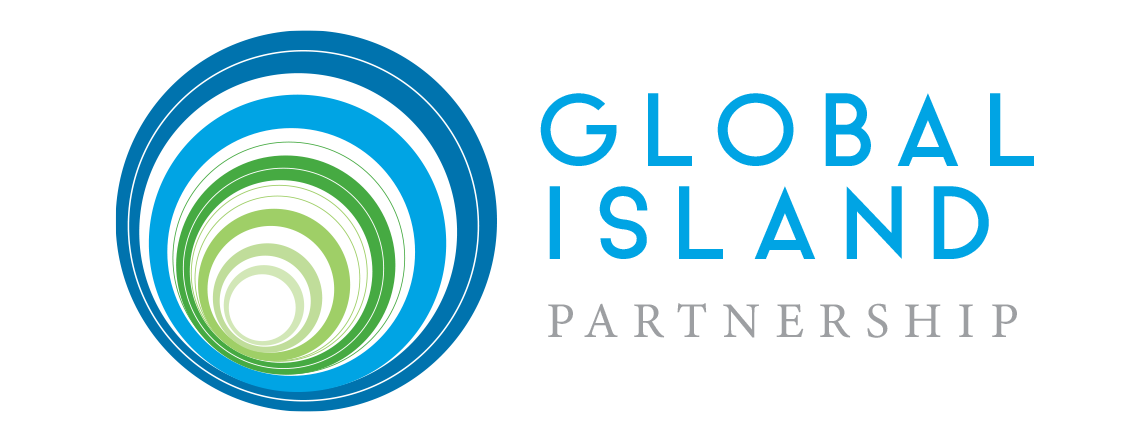
World Conservation Congress (WCC):
GLISPA Coordination Call
Date: 24 September 2025
Format: Virtual coordination meeting across time zones (Caribbean, Europe, Pacific)
PURPOSE AND CONTEXT
The call was convened by GLISPA ahead of the 2025 World Conservation Congress (9–15 October, Abu Dhabi) to coordinate island participation, identify opportunities for collaboration, and align messaging on key island-related motions and events. Participants included past and current IUCN members and GLISPA partners.
Over the past two decades, islands have transitioned from being peripheral to central actors in the global conservation agenda. The WCC has consistently served as a pivotal platform for this evolution—from the Caribbean Challenge Initiative (2008) to the Honolulu Challenge (2016) and the ongoing recognition of islands as biodiversity and climate leaders.
In 2025, the Congress offers another milestone moment: the UN Decade of Island Resilience, marking a renewed opportunity to position islands as drivers of global solutions.

CALL AGENDA
Kate Brown (GLISPA) provided the opening remarks and overview for the call, followed by Ana Tiraa (Cook Islands) who shared lessons from previous WCC participation.
João Sousa (IUCN), Cristina Romero (BESTLIFE 2030), Hyacinth Armstrong-Vaughn (IUCN), Cameron Diver (Island Conservation), and Kristin Kleisner (EDF) contributed regional and thematic perspectives on island initiatives and motions to be discussed at WCC.
PRIORITIES AND POLITICAL ISSUES
Discussions highlighted the need to strengthen the collective visibility and influence of islands within global conservation processes. Participants emphasized that while islands are among the most biodiverse and climate-vulnerable regions in the world, their priorities are often underrepresented in international policy and funding frameworks. Key concerns included the under-implementation of commitments, limited access to resources, and the declining visibility of island biodiversity within broader global agendas.
At the same time, islands continue to demonstrate leadership and innovation in conservation, restoration, and climate resilience. Participants identified opportunities to align island advocacy with the overarching themes of the 2025 World Conservation Congress — scaling up resilient conservation action, reducing climate overshoot risks, delivering on equity, transitioning to nature-positive economies, and fostering disruptive innovation and leadership. These themes provide a framework for elevating island perspectives on issues such as climate adaptation, marine and coastal protection, invasive species management, community-led governance, and equitable participation in decision-making processes.
Overall, the meeting reaffirmed that strengthening island representation at the WCC is critical not only for advancing biodiversity outcomes but also for ensuring that islands are recognized as essential contributors to global resilience and sustainable development.
“The islands have come a long way in IUCN. But the challenge and opportunity before us now is to move from participation to elevation to leadership. We have built a strong foundation but we have the responsibility to amplify our voices. To do so we must step up into IUCN's many platforms from commission to council, ensuring that our unity and our unique island perspectives continue to shape the future of global conservation.”
Ana Tiraa, Cook Islands
ISLAND OBJECTIVES AT WCC
The meeting’s agreed objectives included strengthening island leadership and advocacy within both the WCC Forum and the Members’ Assembly; coordinating visibility and coherence across island-led events, exhibitions, and motions; and showcasing concrete models of resilience and biodiversity restoration drawn from regional initiatives.
Motion 035, Protection of Mesopelagic Ecosystem Integrity, calls for a precautionary pause on deep-sea fishing until adequate scientific and policy safeguards are established.
Motion 071, United Nations Decade of Island Resilience, positions islands as global leaders in resilience, highlighting restoration, invasive species management, and the integration of indigenous knowledge systems.
BESTLIFE 2030 supports capacity building across EU overseas territories, Tailored Local Solutions (TLS) foregrounds community-driven resilience in the Pacific, and BioPama coordinates wetlands restoration and plastics management across 15 Caribbean nations.
“What we need is a convening platform that ensures that islands are front and center. A platform that doesn't only talk about ambition, but talks about how we move funding to action. Ensuring that we're looking at, from an island's perspective, holistic restoration of islands that takes into account invasive species, rewilding protection, community engagement, genuinely authentic community engagement and partnerships, indigenous and local knowledge and bringing all of that to bear to catalyze science based action.”
Cameron Diver, Island Conservation
NEXT STEPS AND ANNOUNCEMENTS
WCC Events Support
Partners to share regular updates on side events, exhibition plans, and communications materials in the lead-up to the Congress in a shared folder. These updates will be used to strengthen collective messaging, avoid duplication of efforts, and highlight the breadth of island leadership represented at WCC. Coordinating visuals, narratives, and key messages across partners will help position island initiatives more prominently within the Congress agenda and related media coverage.
Island Biodiversity Coalition Link Up
An informal coffee session about the Island Biodiversity Coalition will be held in Abu Dhabi for those attending the WCC in person. Contact Kate Brown (kate@globalislandpartnership.org) to indicate your interest and get details about joining this gathering.
View Call Recording

As a partnership, GLISPA succeeds because of its members. Special thanks to all participating partners for contributing to the discussion on elevating island priorities at the upcoming World Conservation Congress. To stay up to date with GLISPA activities, subscribe to our newsletter.
